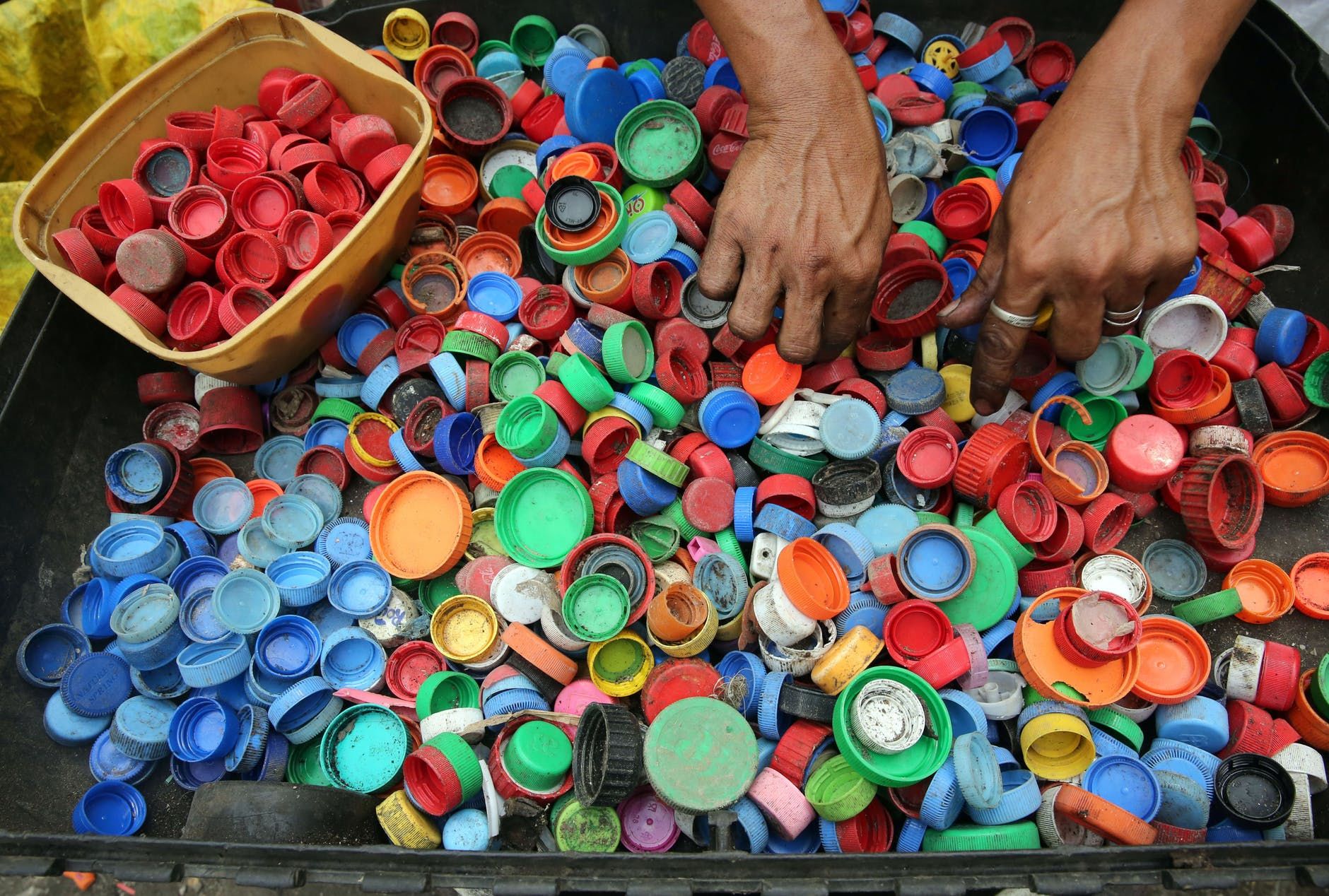How well do you know your waste?
Have you ever wondered what happens when you put a non-recyclable item in a recyclable bin?
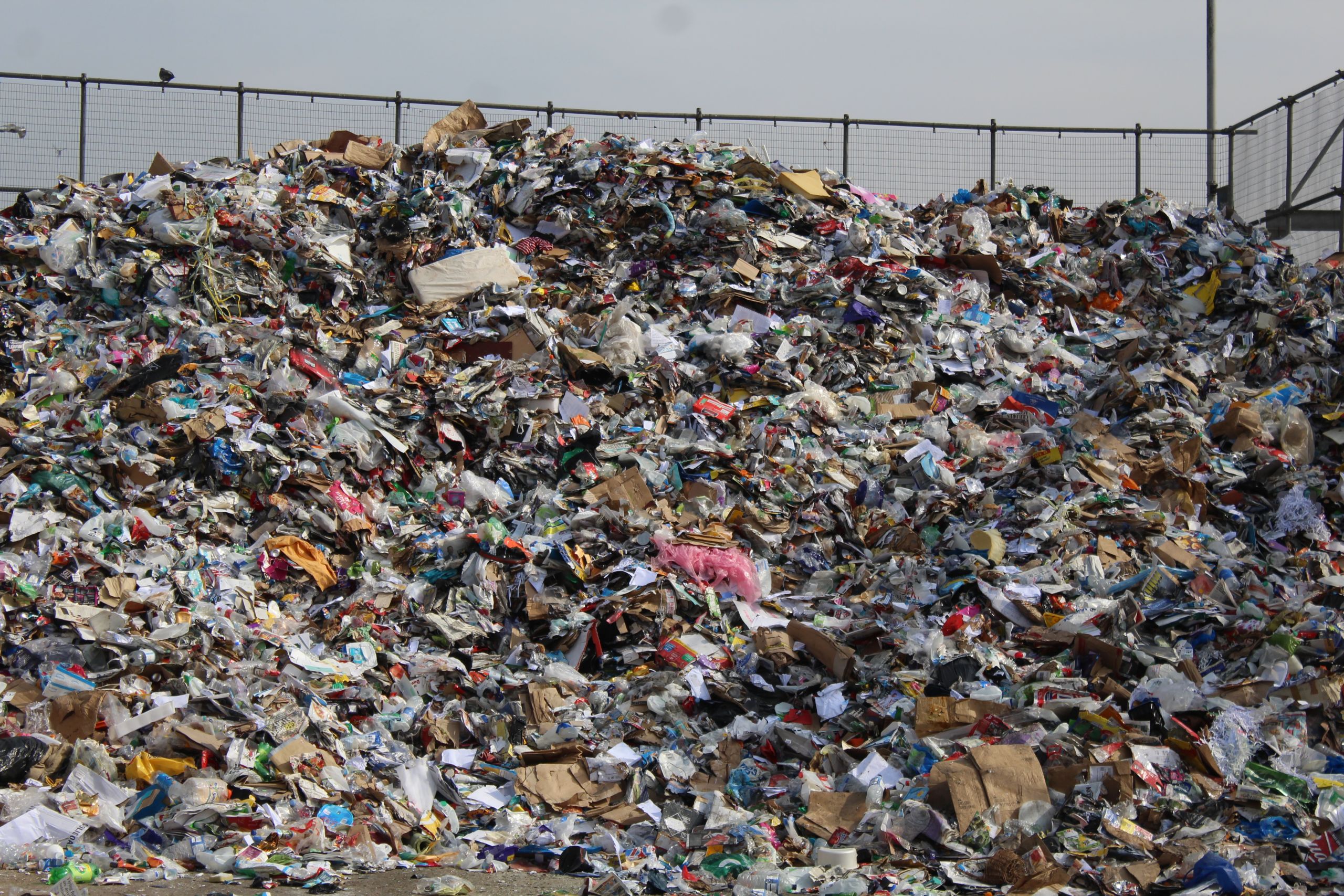
The Department for Environment, Food and Rural Affairs’ data suggests that the recycling rate of household waste in England increased from just 11.2 percent in 2000/2001, to 43.2 percent in 2017/18. However, England is far behind in meeting the target of recycling 65 percent of urban waste by 2035.
Currently, the UK is set to miss its existing target of 50 percent recycling by 2020, as the rates are stalled at 43 percent for the past few years. One of the reasons behind this may be the contamination of recyclable waste, which raises a question - Are we recycling right?
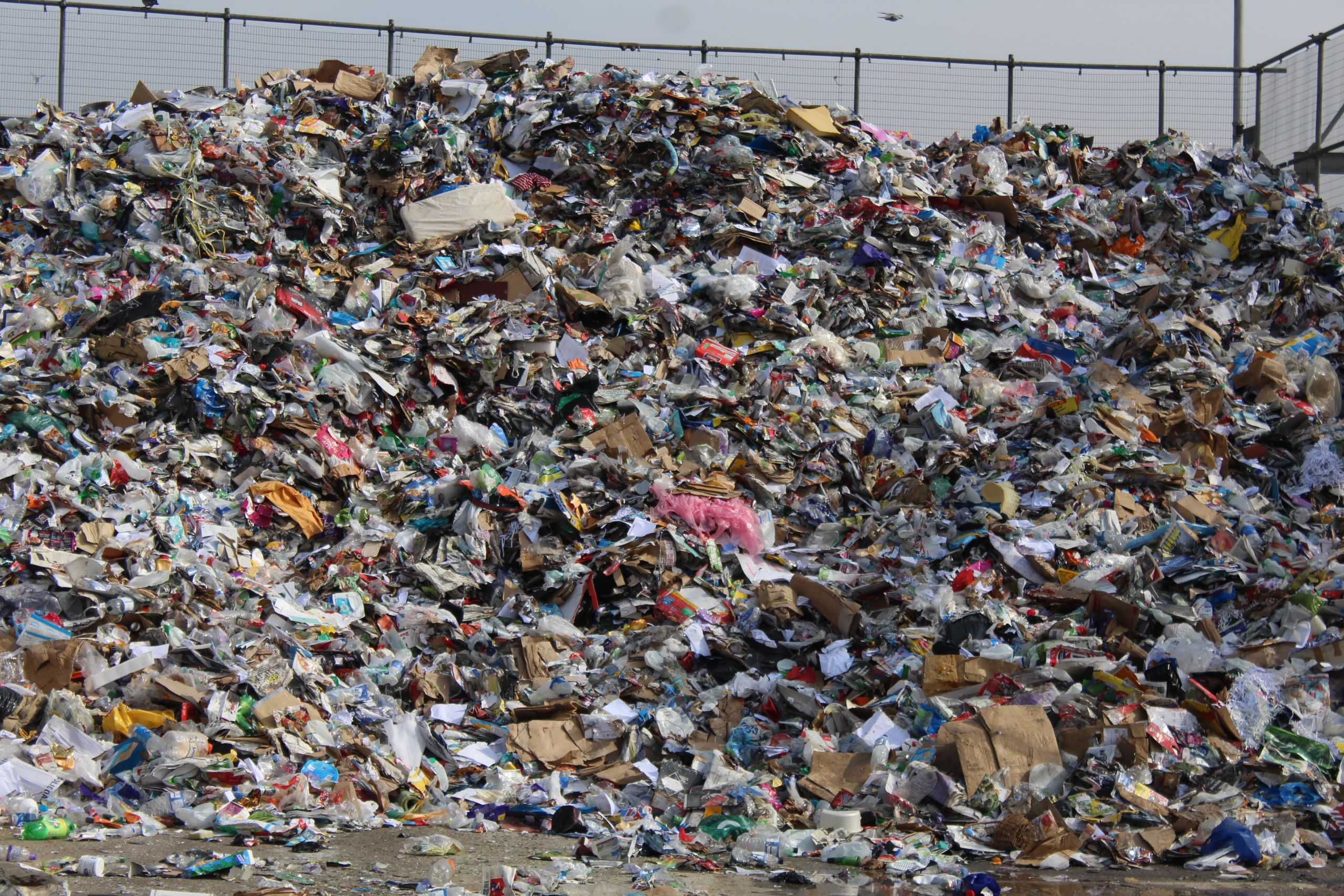
Have you ever wondered what happens when you put a non-recyclable item in a recyclable bin? Also, if you are a resident of London, you are probably well aware of each council’s guidelines on recycling. Are you aware of your council’s guidelines? Do you know if you are recycling right? Well, if not, then this article will show you how.
The Milton Keynes Council recently settles at £1.75 million with Viridor (waste management contractor) for a recycling contamination lawsuit against them. The settlement, which covers the cost of processing contaminated waste between 2013 and 2019, claimed that up to 25 percent of recyclable bags collected by the contractor were rendered unusable due to contamination. The reports said ‘one in four sacks were unusable,’ and that the most common items of contamination were dirty nappies, pet waste and food. These items do not just contaminate recyclable waste, but make it ‘unrecoverable’, thus undermining all recycling efforts.
Residents of MK council have now been asked to be more careful while recycling to avoid such unnecessary mishaps in the future. But this is just one example. There are several campaigns that knock door-to-door, hand out educational leaflets and stickers, and also offer in-person discussions on how to recycle right, and are run by various different councils in the UK.
Also, each council has its own different guidelines and recycling centres. Therefore, it is strongly advised to read your council’s guidelines before you recycle your waste. Alternately, the website Recycle Now also provides detailed information on local recycling options, depending on your postcode. They also have a tool that tells you what objects can be recycled in your area.
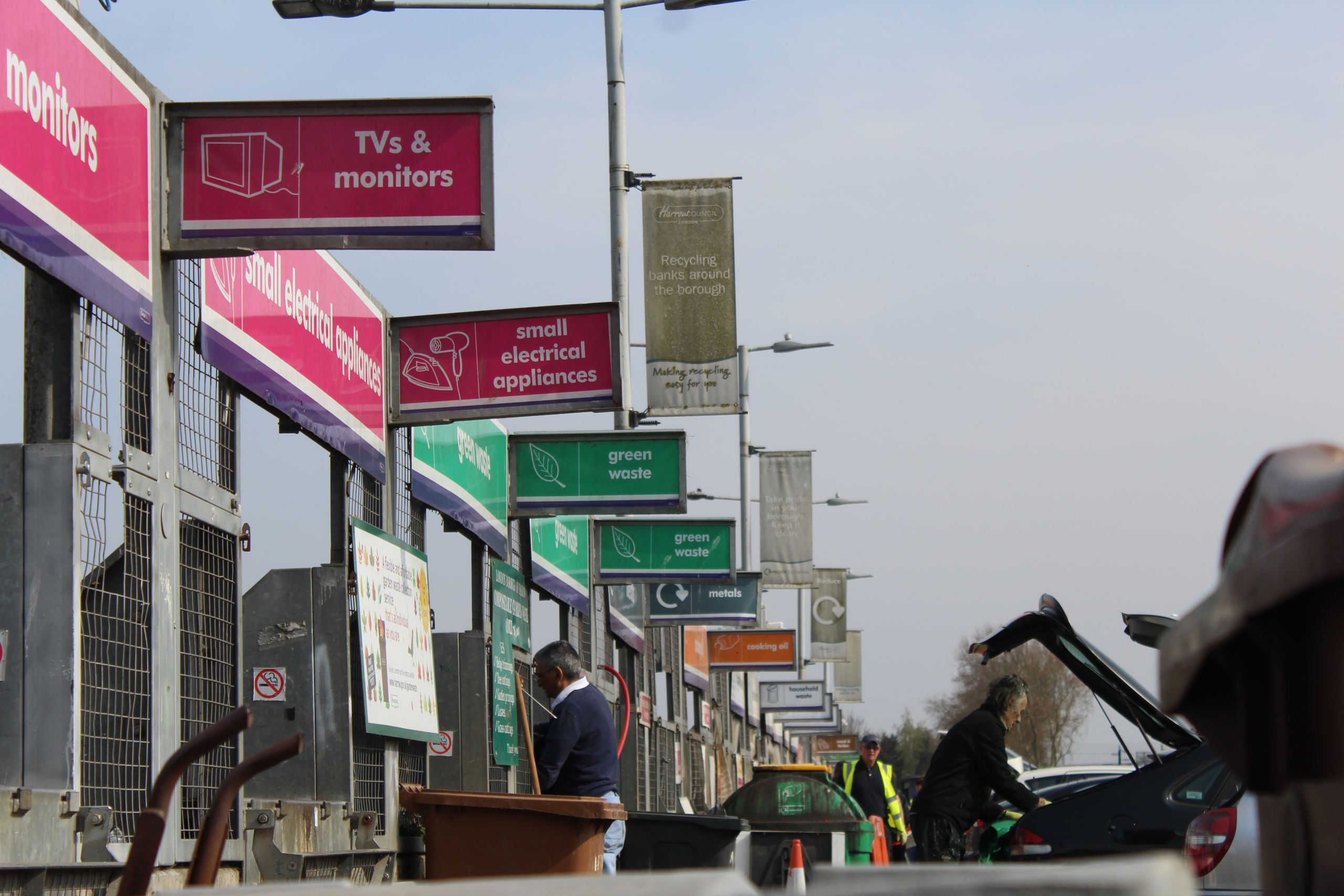
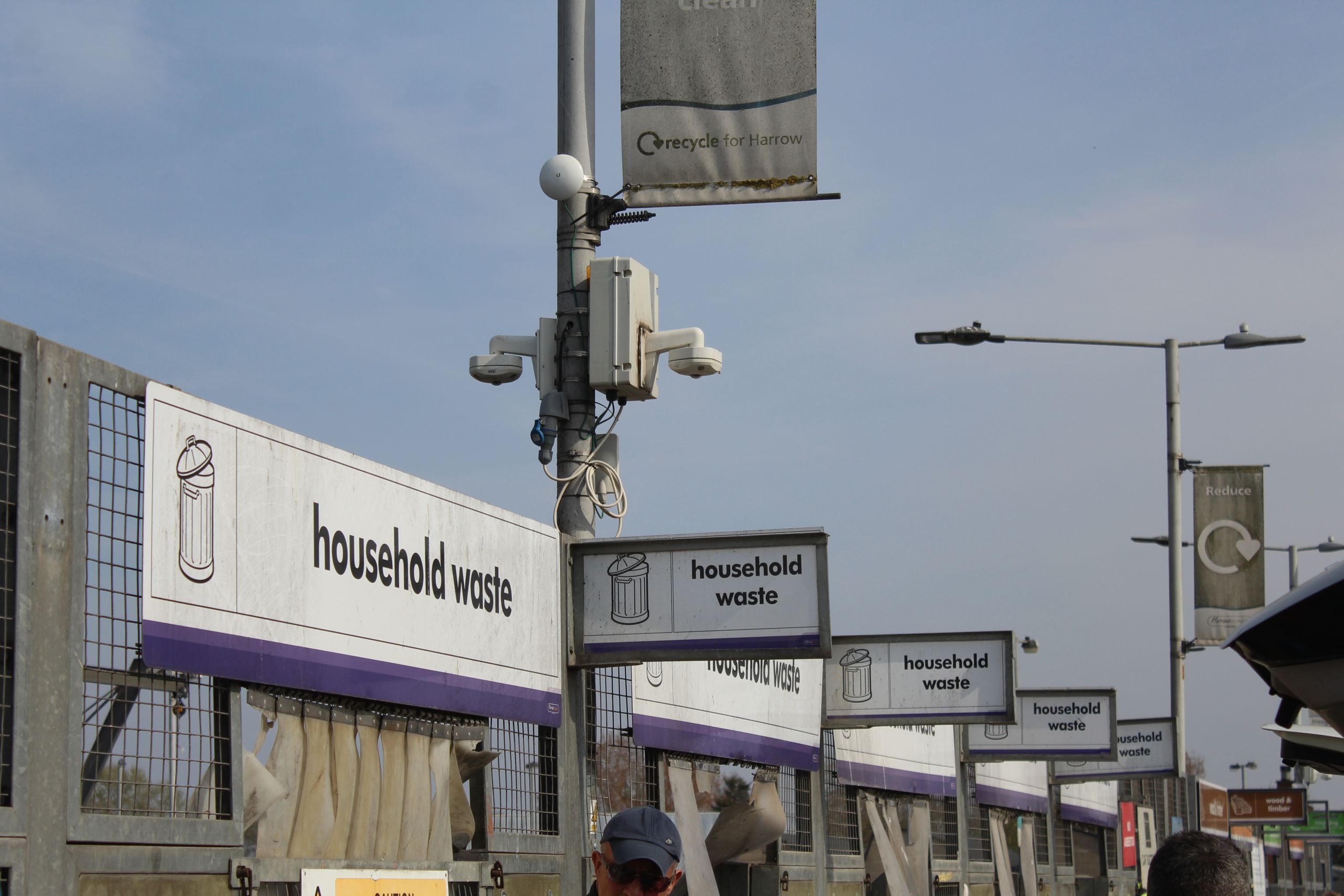
Want to test your knowledge about recycling? Take the quiz below to find out how much you know.
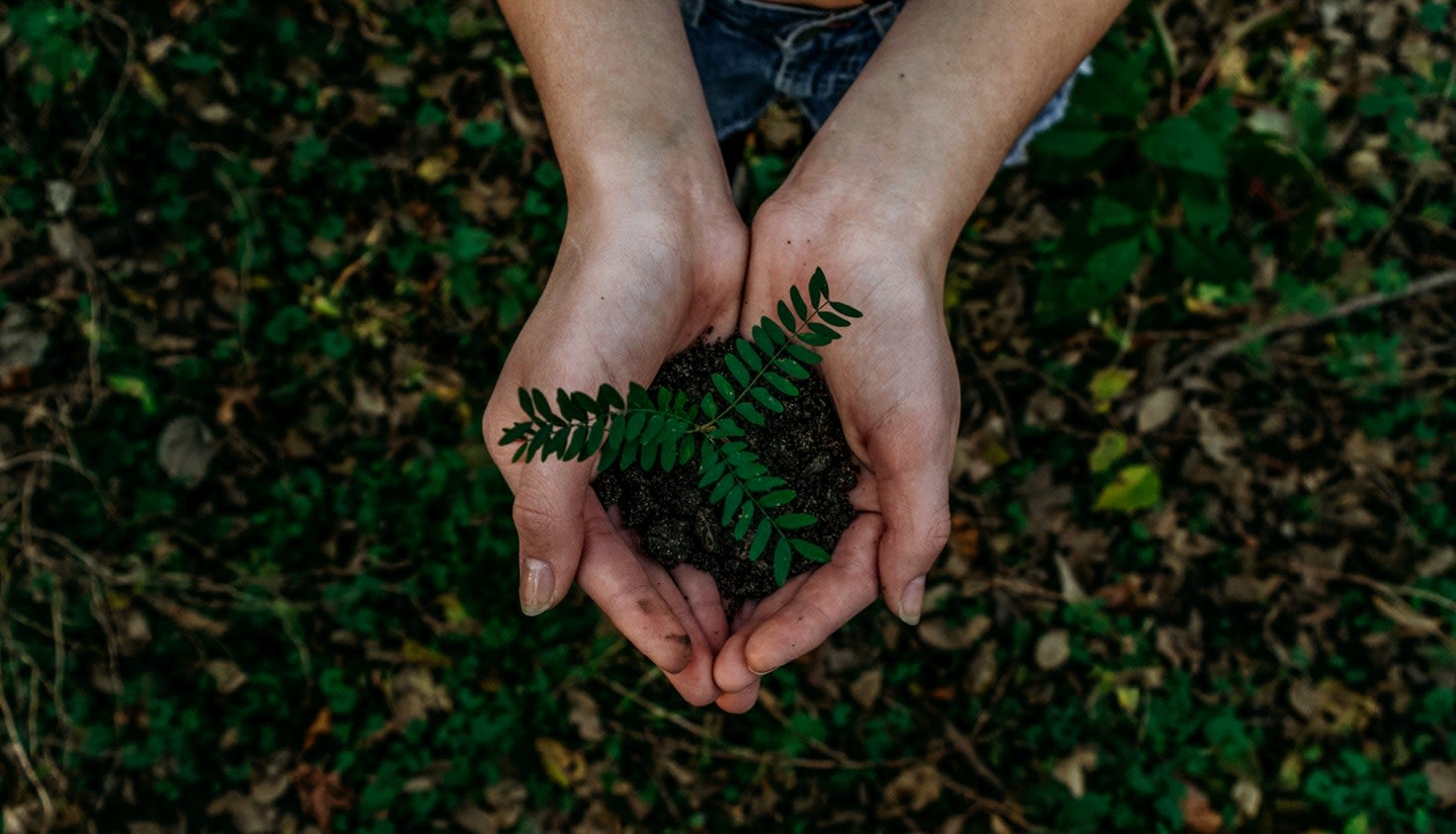
Still have some questions about recycling?
Below are the simple tricks to help you recycle your household waste better.


There are so many things around us that we use everyday and throw it in the trash without even considering if we can recycle it or not.
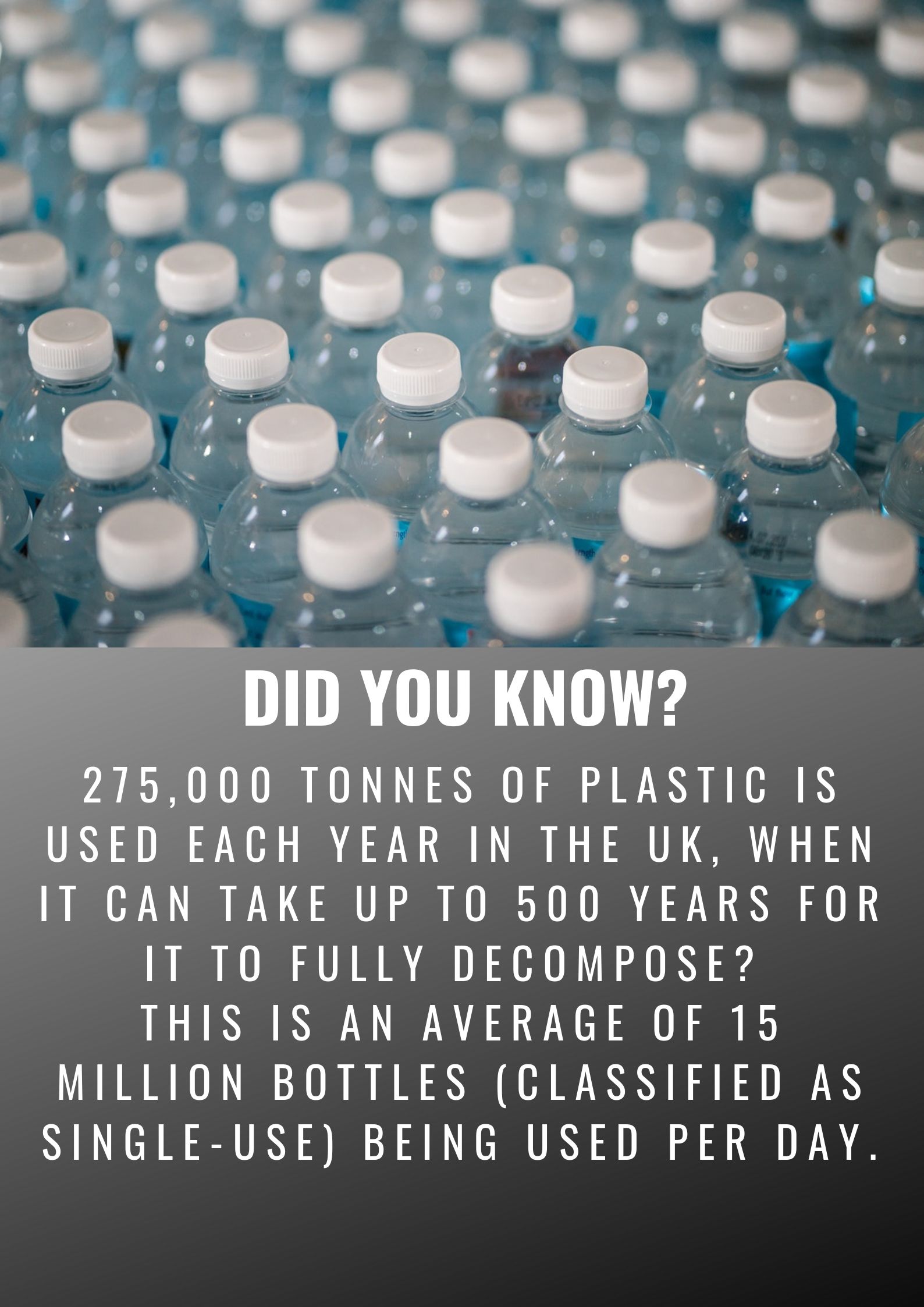
Created by Barkha Goenka using Canva
Created by Barkha Goenka using Canva
Let’s begin with the first thing we use in the morning, our bathroom.
A survey by HuffingtonPost revealed that four in ten adults in the UK don’t recycle bathroom waste. This means around 30,000 tonnes of this waste ends up in landfills every year.
So how can you recycle stuff from your bathroom? Say for example, things like toothpaste tubes and caps, toothbrushes, toothpaste cartons, electric, battery toothbrush heads and floss containers? What is to be done with them?
If you do not plan on reusing these items, and your council does not accept this type of waste, you can still recycle it in the UK through the Colgate Oral Care Recycling Programme.
Bottles of shampoo, conditioner, and all the other plastic or glass bottles like shower gels, liquid soap bottles, toilet paper rolls and tissue boxes all have cardboard packaging and are completely recyclable. If your council does not have the option of recycling some items, you can easily check where you can recycle them using Recycle Now’s tools.
Hanging a recycling bag in your bathroom is a good way of collecting all your recyclable waste.
Remember, always check with your council’s guidelines about what can and cannot be recycled. There are some items which should never go into recycling, because when they do, they contaminate all other recyclables. This can result in truckloads of waste being sent to landfill or incineration instead.
These products are:
1. Sanitary products like cotton pads, sanitary napkins, nappies, and earbuds
2. Any medical items such as needles, syringes and blood bags
3. Pet litter
4. Animal bedding
Your recyclables are sorted by hand at most recycling centres, and things like needles and nappies not only contaminate recyclables, but are also harmful for the staff.
Recycling in your kitchen
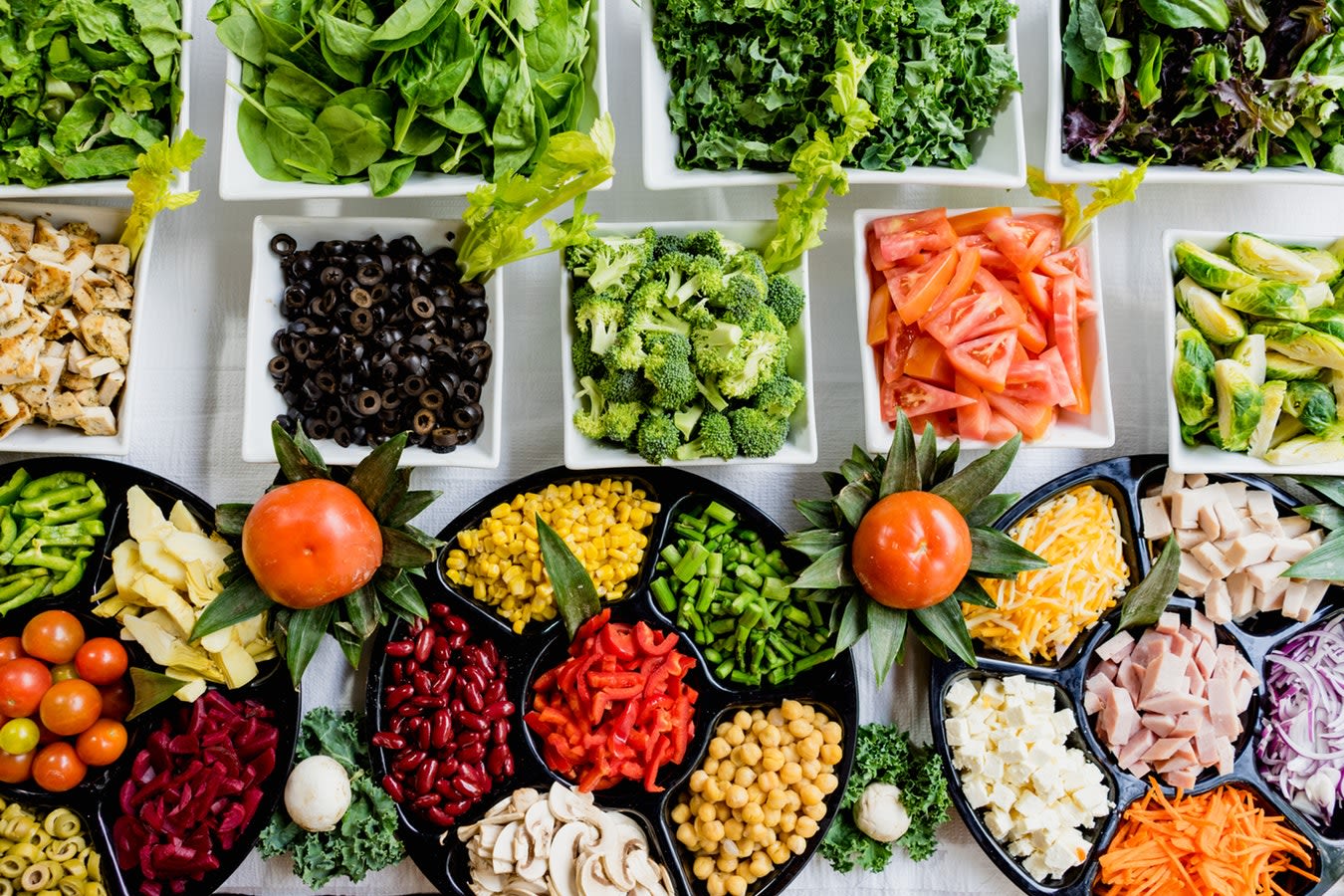
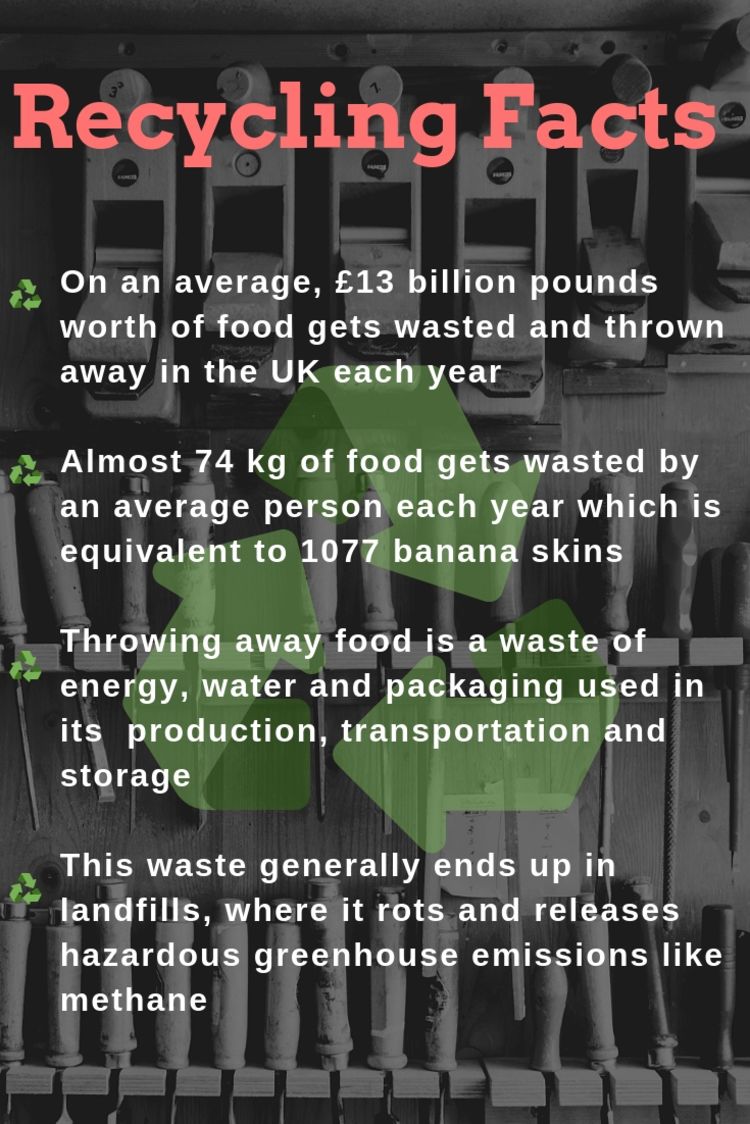
Created by Barkha Goenka using Canva
Created by Barkha Goenka using Canva
It's estimated that around 35.8 million plastic bottles are used PER DAY in the UK, but only 19.8 million of these get recycled. In London, we go through an average of two million plastic bottles of water every day. Consider buying a reusable water bottle, and avoid single-use plastic bottles or cups whenever possible to help reduce plastic waste.
From your kitchen, you can recycle any cooked or raw food scraps including vegetable peels and leftovers using a kitchen bin to collect food waste provided to you by your local authority.
Things that cannot be recycled in your kitchen bin are:
- Packaging of any kind
- Any material that is not food waste
- Liquids such as milk - these may leak causing spillages when transporting the food waste
- Non-food products including nappies
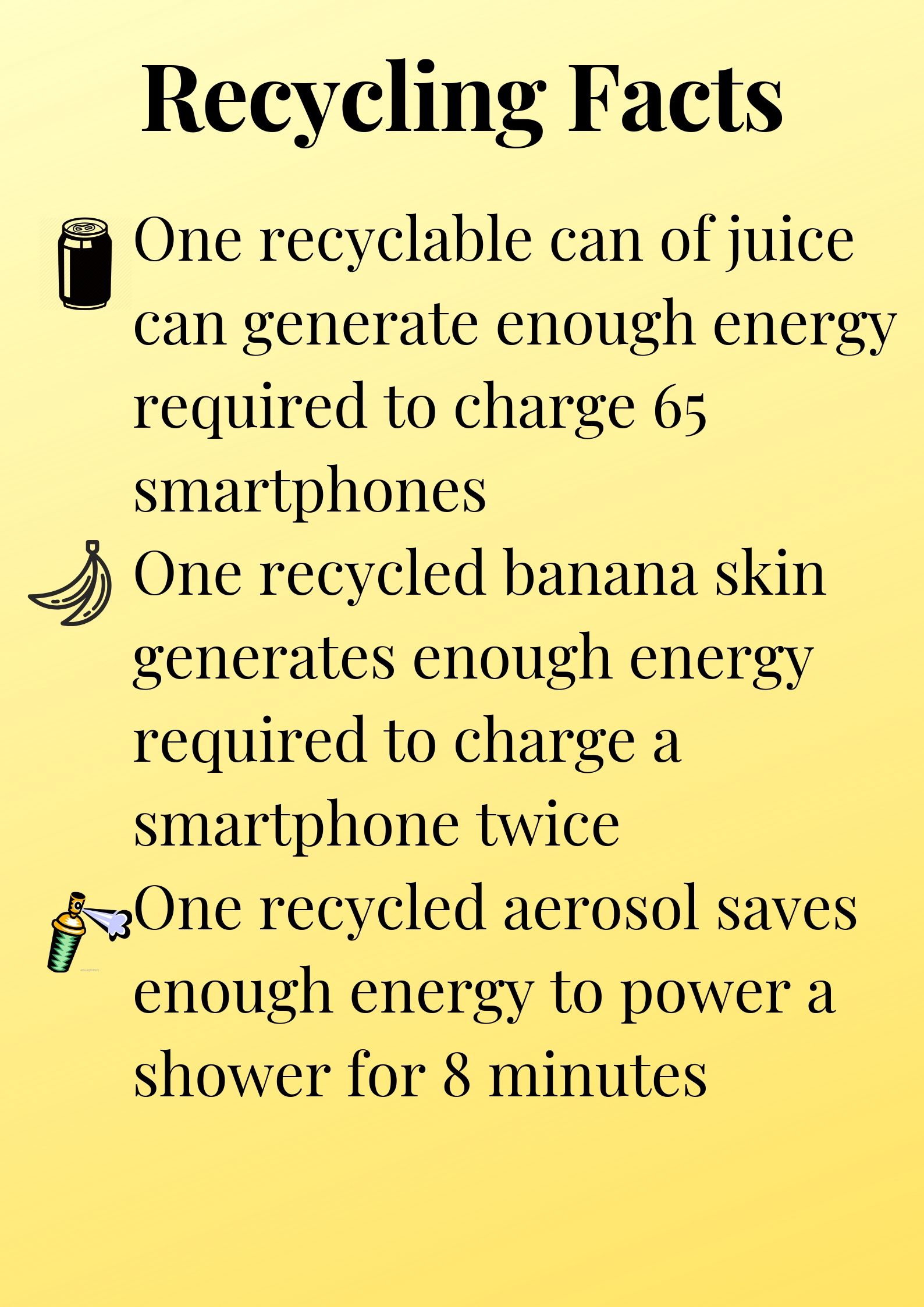
Created by Barkha Goenka using Canva
Created by Barkha Goenka using Canva
How are electronic items recycled?
Items that fall into this category include: alarm clocks, CD/DVD players, kettles, toasters, blenders, hairdryers, straighteners, electric toothbrushes, shavers, lawn mowers, paper shredders, lamps, torches, vacuum cleaners, phones, radios, TVs, printers, cameras, smoke alarms, etc.
It's easy to check if an electrical item is recyclable even after it is no longer usable. Just ask the following questions, and if the answer to these is yes, then it is recyclable:
- Does it need to be plugged-in?
- Are batteries required to operate it?
- Does it need to be charged?
- Is there a picture/symbol of a crossed out wheelie bin on it?
If you have doubts about how and where to recycle your unwanted electronics, you can check it with Recycle Now’s ‘Don’t bin it, bring it’ scheme.
Don't contaminate your recyclables - recycle right, recycle now!
